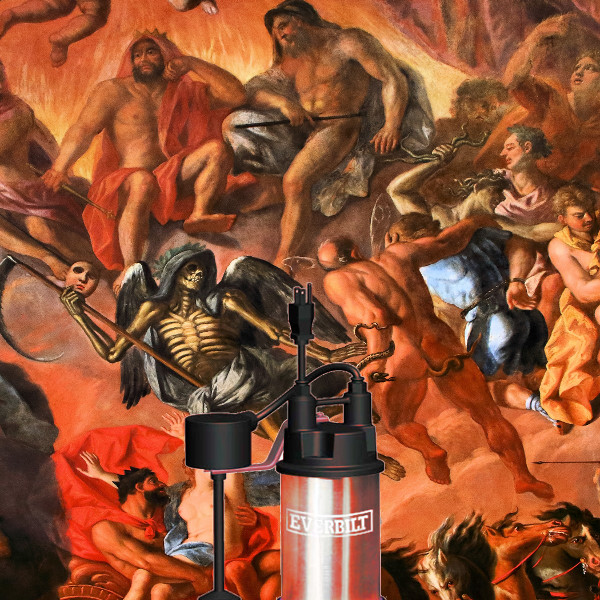This man has abandoned civilization, married a squaw or squaws, and prefers to pass his life wandering in these deserts; carrying on, perhaps, an almost nominal business of hunting, trapping and trading but quite sufficient to the wants of a chief of savages. He is a man of much natural ability, and apparently of prowess and ready resource. –Captain Philip St. George Cooke
I think the kids today would call Captain Walker based, very based in fact. This quote from Cooke describing Walker is more a confession of confusion than criticism. In modern vernacular, I imagine him saying, “I don’t get how this guy refuses to follow the rules yet constantly kicks ass.”
If you visit our Pioneer Cemetery, you will find the grave of Captain Joseph R. Walker. This hero of Martinez hardly gets the attention he deserves. Here’s some inspiration to take away.
- He founded and named Independence, Missouri when he was only 21.
- In his 60s, he was still exploring and performing secret missions for the U.S. Army.
- In 1833, his group were the first white people to visit Yosemite.
- He warned the Donner Party not to cross so late in the year and they called him an ignorant pike.
- His policy with hostile Indians: negotiate or be punished. It must have worked well. In all of his adventures, he only lost one man.
- He never let Fremont forget his cowardice at Hawkes Peak: “Frémont, morally and physically, was the most complete coward I ever knew. I would call him a woman, if it were not casting an unmerited reproach on the sex.”
- After the dishonorable execution of Apache chief Mangas, Walker ceased helping the U.S. Army work with Indians, despite a track record of peaceful negotiations and trade.
You might enjoy my upcoming play, The Martini, because Captain Walker appears in the first scene.




